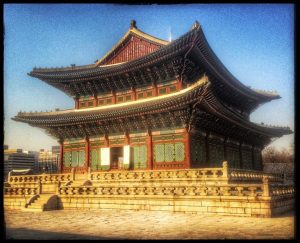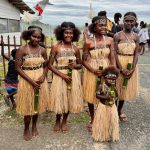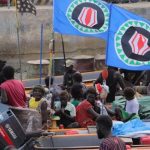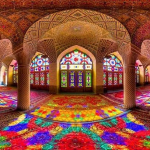How do you say Korea in Korean? What do Koreans call Korea and all that jazz? Would a rose by any other name smell so sweet? I think Shakespeare said something like that, and from what I can gather he was saying ‘names are important’. But the good old Bard was talking about flowers; alas, when it comes to countries, people have different ideas. Here’s our guide to the prickly world of what people call the Koreas.
Why do we say ‘Korea’?
During the time of the Silk Road when Marco Polo was a swinging bachelor deflowering Asian women, Korea was known as Goryeo, which at times was translated to Koryo (hence ‘Koryo Tours’), then Corea, and finally the English transliteration of Korea.

So it’s North Korea and South Korea now?
Both the governments of North (sorry: ‘north’) and South (‘south’) Korea claim to be the rightful government of the whole of the Korean Peninsula. In the north they call themselves the Democratic People’s Republic of Korea, whilst down south they go by the moniker of the Republic of Korea. Hence the DPRK and the ROK.
What do Koreans call Korea in Korean?
The crux of the matter, how to say Korea in Korean. But, this is where stuff starts to get really complicated, and it depends where you sit on the north-south divide. How to say Korea in Korean depends if you are sitting in the North, or in the South you see.
In the North the Koreans refer to their country as Joseon, named after the Joseon Dynasty – the last dynasty to rule the country before the Japanese occupation. In the current North Korean romanization of Korean, Joseon is spelt ‘Choson’, giving the country the official title of Chosŏn Minjujuŭi Inmin Konghwaguk. South Korea is duly referred to as Nam (South) Choson.
Things in the South are a little different. South Koreans use Hanguk (한국, 韓國) to refer to just South Korea, or indeed the whole of the Korean Peninsula. North Korea is thus referred to as Bukhan (북한, 北韓; “North Han”).
How to say Korea in Korean do’s and don’t s!
Under no circumstances use Choson in the South or Hanguk in the North, or you will deeply offend people.
Generally speaking, these naming conventions have been kept by regional neighbours such as China, who use transliterations of both words for their respective countries.
Keep this in mind if you are going to join one of our tours to either North or South Korea. It is always good to know how to say ‘Korea’ in Korean, but in this case, at least, discretion is everything.
Practise not offending Koreans of either nation on our North Korea tours and our tour to the South!





